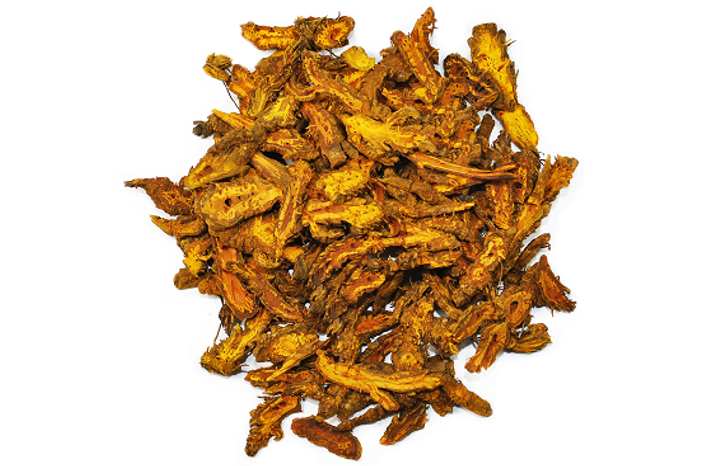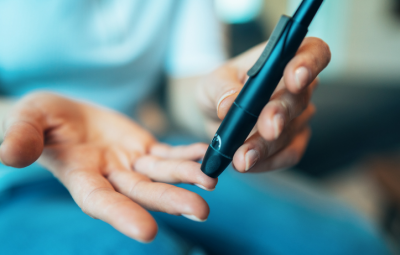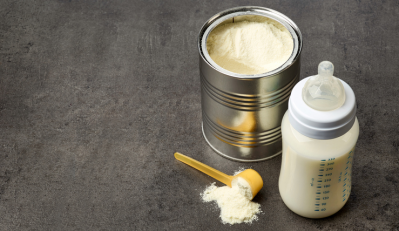Berberine and probiotics supplementation decreases post-meal lipid spike in Type II diabetes patients – 12-week RCT

The study is a randomised, placebo-controlled, four-arm multicentre trial involving 365 patients who were newly diagnosed with diabetes.
The trial was conducted by researchers from Shanghai Jiao Tong University School of Medicine, genome research organisation BGI Shenzhen, and various institutes in China.
Findings were recently published in Gut Microbes.
The trial is part of the PREMOTE study, which studies how berberine, probiotics, the combination of both ingredients, as well as placebo, could affect blood sugar and lipid levels in Type II diabetic patients.
Two years ago, the researchers found that the supplementation of both berberine and probiotics could reduce blood sugar levels – with the effects greater than taking each ingredient alone.
Findings were published in Nature Communications.
This time round, the researchers analysed how the intervention could affect post-meal lipidemia in Type II diabetic patients.
They found that the combination of berberine and probiotics could exert a synergistic impact.
“The combination of probiotics and berberine could exert a synergistic hypolipidemic effect on postprandial lipidemia, acting as a gut lipid sink to achieve better lipidemia and cardiovascular risk control in Type II diabetes patients.
“Our study provided both clinical and experimental evidence to support the synergistic effect of supplemental empirical probiotics containing Bifidobacteria such as B. breve with BBR (berberine) in lowering PL (postprandial lipidemia), which could serve as an effective remedy for managing T2D PL and general dyslipidemia with its effect in lowering FL,” the researchers said.
Study design
The randomised, placebo-controlled, multi-centre clinical trial took place in 20 medical centres in China between August 2016 and July 2017.
The patients were randomised into four groups, namely placebo, probiotics alone, berberine alone, and probiotics combined with berberine.
Berberine is a plant alkaloid extracted from the Chinese herbal medicine Coptis chinensis, also known as Huanglian.
As for the probiotic supplement, it consists of nine proprietary strains, mostly from the Bifidobacterium, Lactobacillus, and Lactococcus genus. The probiotics were produced by Shanghai Jiaoda Onlly.
During the 12-week intervention, subjects who needed to take berberine took it twice daily before a meal, and those on probiotics took it only at bedtime daily.
The researchers then measured their lipid levels by drawing blood samples 120 minutes after they took a 100g standard carbohydrate meal.
Findings
The supplementation of both probiotics and berberine was found to be the most effective in improving postprandial total cholesterol and low-density lipoprotein cholesterol.
Using the Analysis of variance (ANOVA) to compare the differences, it was found that the probiotic and berberine group reported a significant drop of 24.29 in postprandial plasma total cholesterol.
No significant change was seen in the other groups.
In the group taking probiotics, there was only a drop of 1.55 in postprandial plasma total cholesterol, lower than the placebo and berberine group, where there was a decrease of 8.66 and 17.89 respectively.
The group taking probiotics and berberine also had the greatest and also significant reduction in postprandial LDL cholesterol, where a decrease of 16.54 was seen.
The berberine only group saw a 9.81 decrease in postprandial LDL cholesterol, followed by the placebo group at 7.35 and the probiotics group at 1.43.
Gut microbiota change
Significant changes were seen in the gut microbiota of subjects in the probiotic and berberine group, with an increase in Bifidobacterium.
“In our study, we found that B. breve and B. longum as well as the genus Bifidobacterium were enriched in T2D participants with better lipidemia,” the researchers said.
They pointed out that the higher faecal levels of B. breve and lower levels of E. lenta after the intervention was associated with a better control of postprandial lipidemia in the group taking both probiotics and berberine.
“Multivariate GEE analysis further suggested that increment of B. breve after treatment were significantly associated with the reductions of pTC (postprandial total cholesterol) and pLDLc (postprandial LDL cholesterol).”
Analysis of the faecal sample also showed that the group taking probiotics and berberine had exhibited higher fatty acid metabolism and lower fatty acid synthesis potential than the other groups.
Source: Gut Microbes
Combined berberine and probiotic treatment as an effective regimen for improving postprandial hyperlipidemia in type 2 diabetes patients: a double blinded placebo controlled randomized study
DOI: 10.1080/19490976.2021.2003176
Authors: Wang S, Ren H, Zhong H, et al.



















